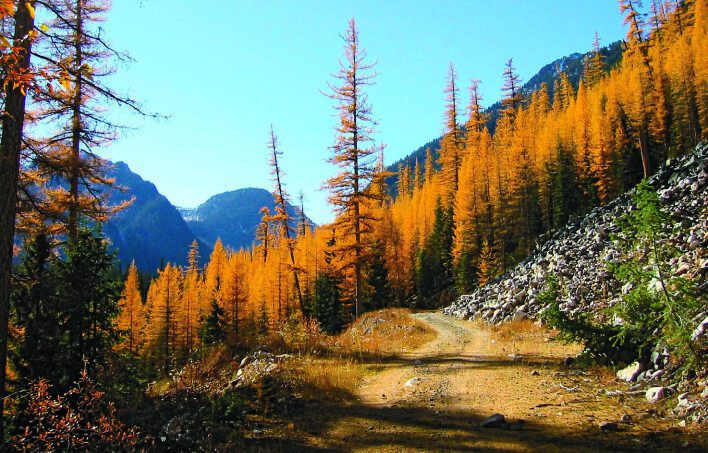
In British Columbia, resource roads are currently administered under several different pieces of legislation by several different government organizations, including the Ministry of Forests, Lands and Natural Resource Operations; the Ministry of Transportation and Infrastructure; the Ministry of Energy and Mines; and the BC Oil and Gas Commission.
The existing legislation provides for different tenures; levels of enforcement; approval processes; and standards for construction, maintenance and deactivation. Some legislation is results-based, some requires approval of prescriptive plans and some contains no regulatory standards at all. As resource development activity and road construction costs have increased, so have the problems associated with the current regulatory frameworks.
To address this issue, the B.C. government is currently developing the Natural Resource Road Act (NRRA), which will:
- regulate construction, maintenance, deactivation and use of resource roads;
- harmonize resource road management and administrative processes; and
- enhance resource road safety by establishing consistent rules for all road users and creating consistent construction, maintenance and deactivation requirements.
What it will do
The road permitting process will be consistent and efficient across agencies. All regulated users with vehicles greater than 11,794 kilograms will be required to contribute to road maintenance costs. Consistent road-use rules will improve user safety, while aligned and effective deactivation rules will standardize the process across industrial sectors and the land base. In addition, there will be improved opportunities to inform road deactivation decisions and keep low-hazard roads open.
What it won’t do
The NRRA will not obligate small businesses to maintain resource roads for other users, and it will not privatize resource roads. Industrial road users will not be forced to subsidize a competitor – although they will be obligated to contribute their fair share toward road maintenance. Land-use decisions will remain within their existing frameworks. While the NRRA will look at opportunities for registered users to take over maintenance of resource roads to a level commensurate with their use, it is not the intent of the NRRA to keep all resource roads open at the risk of weakening environmental standards or risking road user safety.
NRRA and the mining sector
Here’s what we’ve heard from the mining sector through our engagement process:
Q: Ongoing and unfettered access to claims and mines is critical to our industry. Will that change?
A: No. The government will continue to develop the NRRA with an open roads concept in mind.
Q: Is the NRRA a way for industry, by decommissioning roads, to address legally defined liability issues at the expense of public access?
A: No. The 2012 Occupiers Liability Act explicitly limits the liability of the maintainer of a resource road. All others use the road at their own risk, as long as the maintainer has not intentionally created a danger for others or acted in reckless disregard for the safety of others. This is an important component for any government, business or user group considering taking over resource road maintenance. Under the NRRA , resource roads will be maintained and deactivated to a level commensurate with use while abiding by these principles.
Q: There is a feeling that the “liability and safety versus public access” equation isn’t being balanced. Is the Province looking for other ways to ensure that liability issues are dealt with, so that roads can remain open even if the size or quality of the road is downgraded to a minimum level?
A: While some roads will be closed once industrial activities and maintenance are complete – due to the risk to either the environment or the safety of resource road users – not all roads will need to be permanently deactivated. Our proposed electronic road management system will notify other registered users that a particular road will be deactivated at least 90 days prior to that work. User groups can express their interest in taking over maintenance activity at a level commensurate with their own needs (i.e., a minimized level of access), and the exiting maintainers can deactivate to a lower level. Some low-hazard roads may be left open without a maintainer, at the discretion of the statutory decision maker, if it is determined that ongoing access is preferred and potential liability issues are managed.
Next steps
The B.C. government will continue to engage AME BC representatives to provide opportunities for review, comment and valuable feedback during policy development.
